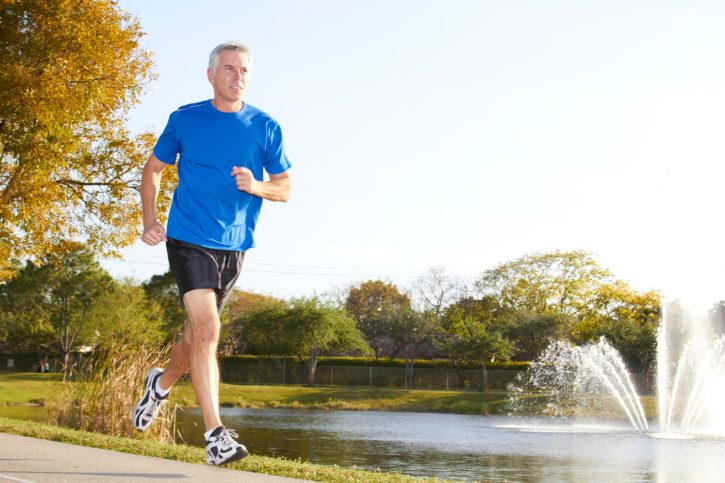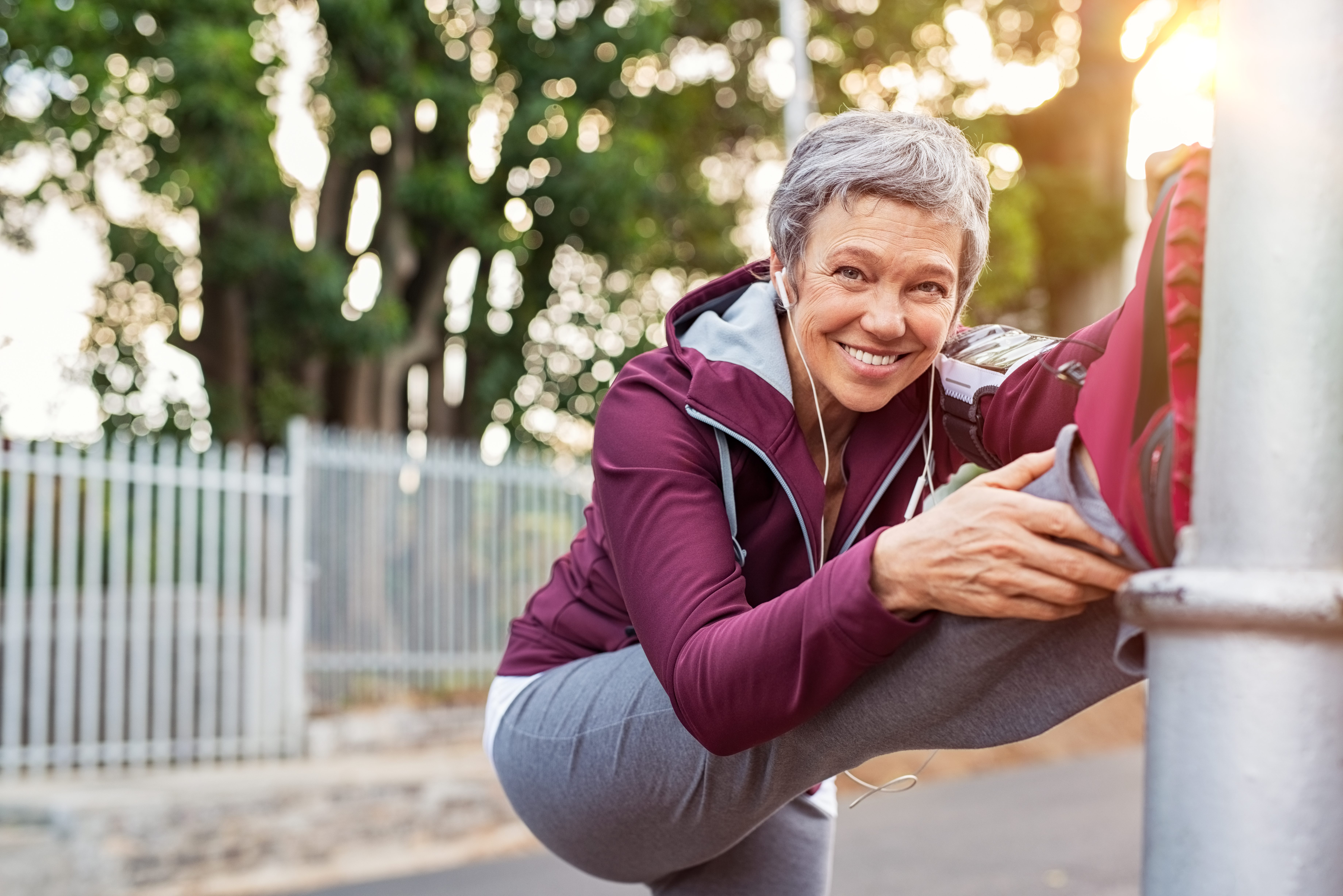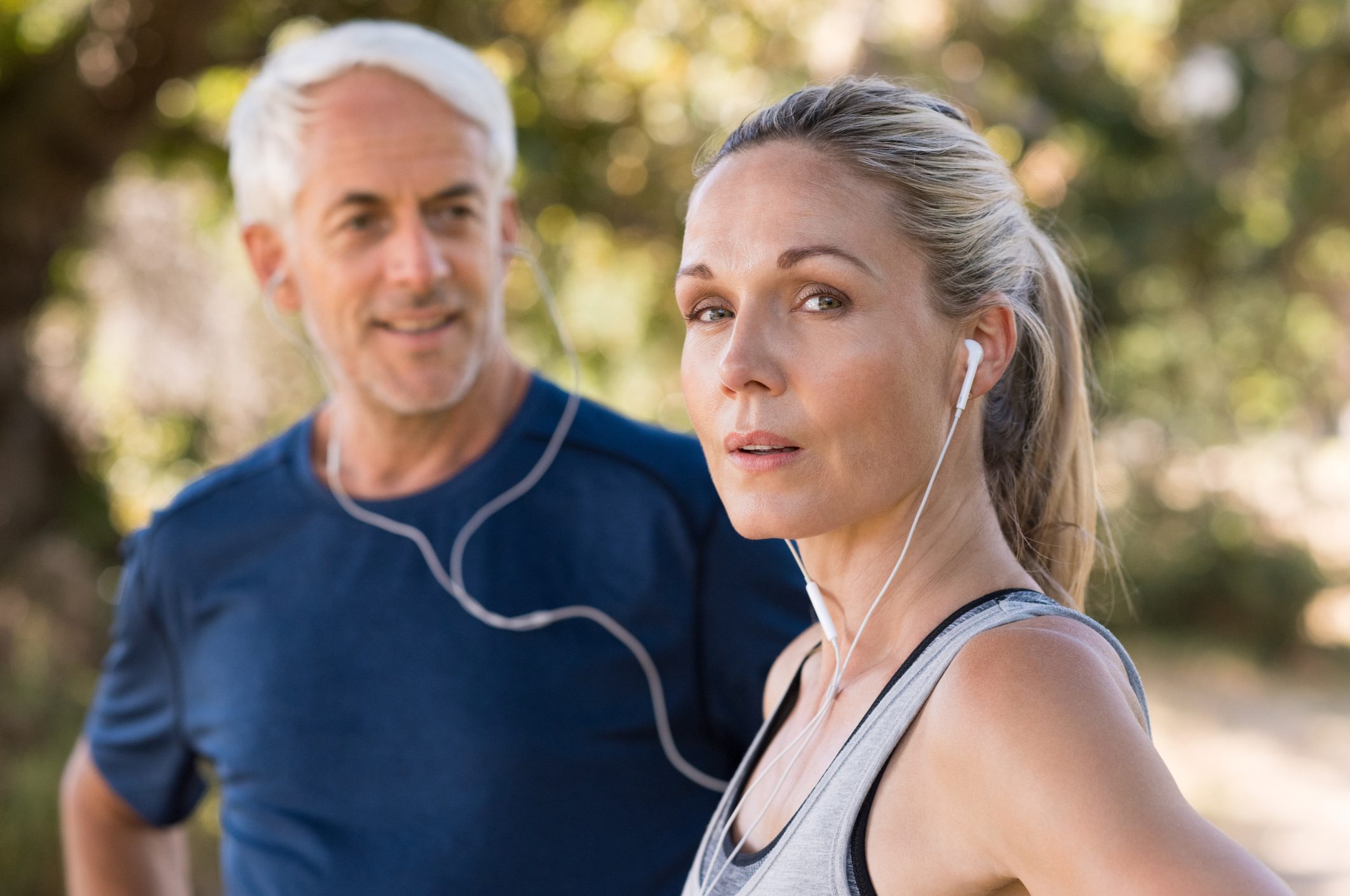Four ways exercise fights aging
In case you need even more reasons to get out for a run

We all have our own reasons why we run, but most runners will agree the health benefits of the sport are at least one of the reasons we picked it up. A recent Time.com article highlighted four main ways exercise helps to fight aging, and if you’re struggling to find the motivation to run today, perhaps this will be the encouragement you need to get out the door.

RELATED: World Athletics report says runners are positive people
It makes your muscles stronger
The Times article talks specifically about resistance training, and how regular weightlifting can help prevent a condition known as sarcopenia as we age. Sarcopenia occurs when you lose muscle mass and strength. Of course, we do recommend all runners include strength training in their training programs, but running itself can also help prevent this condition as you age, because it is a high-intensity, load-bearing activity. Still, this is yet another reason why you shouldn’t skip the gym.
It makes your bones stronger, too
Research shows that after age 30, your bone mass stops increasing, and by the time you reach your 40s and 50s, you gradually start to lose more bone than your body can rebuild. Aerobic activities like running are particularly helpful in building bone mass, and younger people who run or walk regularly can increase their bone density to stave off osteoporosis when they’re older. Older people cannot build more bone mass, but regular exercise will help to prevent further bone loss.

It can improve your brain
According to research, exercise is now one of the most important ways people can improve their cognitive function, which can reduce their risk for dementia and Alzheimer’s disease. Some scientists have found that when you exercise, your muscles produce small molecules called myokines, which have numerous benefits to your brain. Experts also know that can also dramatically improve your sleep quality, which can directly affect your overall health and the health of your brain.
It lengthens your telomeres
Telomeres are the caps on the end of your DNA strands, sort of like the cap on the end of a shoelace. As you age, your telomeres get shorter, which negatively affects your cells’ ability to divide. Shorter telomeres are linked to several chronic conditions including high blood pressure, stroke and heart disease, but several studies (including this one from 2017) have shown that people who are more physically active tend to have longer telomeres, reducing the risk of age-related diseases. More research is needed in this area, but there does appear to be a strong correlation between regular exercise and telomere length.
RELATED: A doctor’s very simple guidelines to optimal health


